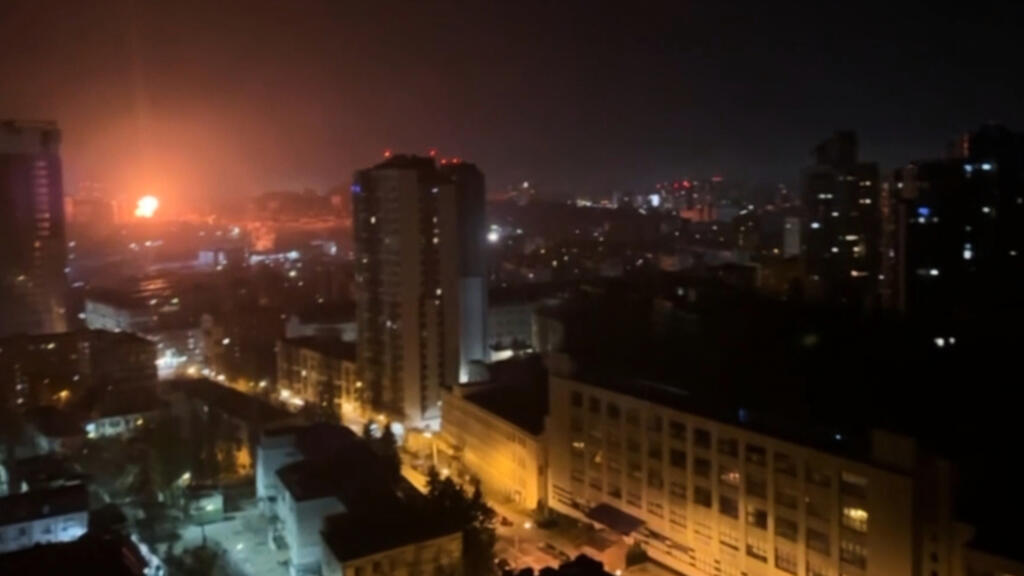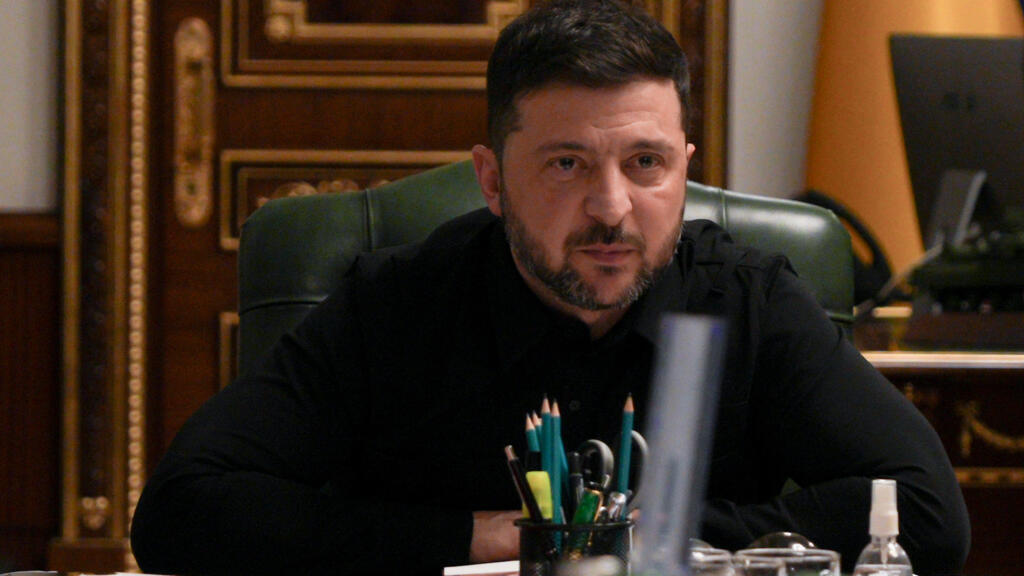A decade after the horrific coordinated terrorist attacks on November 13, 2015, which claimed the lives of 130 individuals and left over 400 others wounded, survivors in Paris are grappling with the enduring psychological scars from that fateful night. As France prepares to honor the victims with nationwide tributes, the haunting memories remain vividly etched in the minds of those who lived through the traumatic events.
The attacks, which targeted multiple locations across Paris, including the Bataclan concert hall, cafes, and the Stade de France, have left a lasting impact on the city and its residents. On this poignant anniversary, survivors reflect on not only the immediate chaos and devastation but also the long-term effects of trauma that continue to influence their daily lives. Many have found it difficult to move on, as the horror of that night still resonates within the community.
In the years following the attacks, various support networks and organizations have emerged to assist survivors in coping with their experiences. Therapy sessions, support groups, and community initiatives have become pivotal in helping individuals process their trauma and find solidarity among others who have faced similar challenges. However, despite these resources, many survivors express feeling isolated in their pain, particularly when confronted with the anniversary of the attacks.
As France engages in nationwide tributes to remember those lost, it also emphasizes the importance of resilience and unity in the face of adversity. Public gatherings, memorial services, and moments of silence are being organized to honor the victims and acknowledge the ongoing struggles of survivors. This collective remembrance serves not only as a tribute to the deceased but also as a reminder of the strength of the human spirit in overcoming the darkest of times.
For many survivors, the psychological aftermath of the attacks is a reminder of the fragility of security and the need for continual vigilance against terrorism. The fear and anxiety that accompanied the attacks have lingered, affecting not only their personal lives but also societal perceptions of safety. As they navigate through their post-traumatic experiences, the resilience shown by survivors is commendable, showcasing their determination to reclaim their lives while keeping the memory of the victims alive.
As this anniversary approaches, discussions surrounding security measures, community cohesion, and mental health support resurface, highlighting the ongoing challenges that the country faces. The lessons learned from this tragedy continue to inform strategies aimed at preventing future attacks and supporting those affected by violence.
Ultimately, the enduring impact of the November 13, 2015, Paris attacks is a testament to the need for continuous dialogue on healing, remembrance, and the importance of fostering a sense of togetherness in a world still grappling with the threat of terrorism. As France honors its fallen, the stories of survival and resilience remind the nation of its strength and capacity to endure in the face of unthinkable loss.












